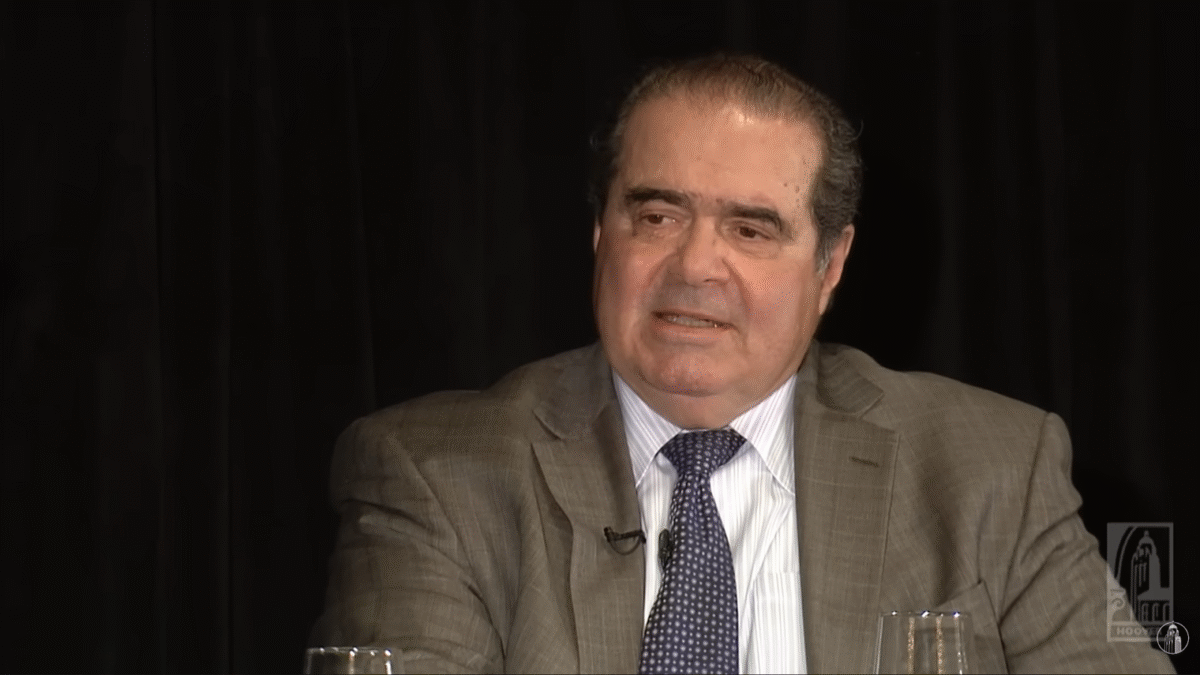
As the Republican National Convention began in Cleveland, prominent Democrats joined with local police in calling for Ohio Gov. John Kasich to suspend the state’s open-carry law during the convention.
Sherrod Brown, a progressive Democrat who represents Ohio in the U.S. Senate, went even further in an interview with BuzzFeed, saying he “hope[s] that the governor would listen to the police union and suspend conceal and open carry in Ohio, in Cleveland, during this convention.”
Brown, who is often mentioned as a contender for the Democrats’ vice-presidential nomination, makes the usual gun controller mistake of imagining the best way to prevent crime is to take firearms out of the people’s hands. But he makes other mistakes that show either a lack of understanding of how a republic functions, or else a shocking disregard for it.
Executives Can’t Suspend Laws—Since 1689, At Least
First, Brown and other Democrats assume the executive has power to unilaterally suspend the laws. Nothing could be further from the truth. In fact, the issue of suspending the laws without legislative consent was decided nearly a century before the creation of the American republic. In 1689, Great Britain was convulsed in a brief civil war known as the Glorious Revolution, in which most of the country sided with Parliament and forced the abdication of a king, James II, who sought to usurp their rights and rule as an absolute monarch. Among the rights James claimed was the power to suspend the laws without the consent of Parliament.
That dispute had its roots, like many in Europe at the time, in religion. The king was Catholic while most of the country was Protestant. Previous monarchs had agreed to parliamentary restrictions on Catholics practicing their religion and serving in government jobs; James wanted more men of his own religion to work for him, and proclaimed in 1687 that the penal laws against Catholics would be suspended indefinitely.
The idea of religious discrimination is odious to the modern reader, but so should be the idea of a king wantonly violating the law. Most in England found it extremely offensive, and when another claimant to the throne, William of Orange, invaded, he promised to enforce the laws and rule with Parliament. They joined with him and expelled James. The next year, Parliament passed the English Bill of Rights, which includes the proviso that “the pretended power of suspending the laws or the execution of laws by regal authority without consent of Parliament is illegal.”
In America, we carried that principle into our own Constitution—many of the restrictions on our chief executive were written in response to the abuses of the Stuart dynasty in England. Where English kings claimed “prerogatives” like suspending the laws were an inherent part of the monarch’s power, our Founding Fathers wrote a Constitution that limited the executive’s powers to those specifically granted to him. The authors of state constitutions followed suit in restricting an executive’s powers. Ohio’s constitution is even more explicit than the federal version, stating “No power of suspending laws shall ever be exercised, except by the General Assembly.”
The reasons for this are obvious. An executive’s foremost job is, as the U.S. Constitution says, to “take care that the laws be faithfully executed.” In a system such as ours, governance is separated to avoid too much power falling into one person’s hands; the legislature writes the laws, the executive carries them out. If a president or governor could strike laws from the statute book at a whim, even temporarily, that executive would have usurped the powers of the legislature.
If Kasich can suspend Ohio’s gun laws, then a President Hillary Clinton could as easily suspend any of the anti-kickback laws that keep politicians from enriching themselves from government contractors. There would be no need for Hillary to hide her dealings on a secret server: just suspend the corruption laws and steal right out in the open.
Rights Don’t Come From Laws
But beyond the apparent desire to usurp the powers of the legislature, Brown and his fellow Democrats make another logical error in calling for the suspension of the open-carry laws: the right to carry a firearm openly is not granted by any statute. Rather, it is a right that everyone in Ohio already possesses, and that the legislature has chosen not to circumscribe.
As in most areas of law in a republic of limited government, anything not specifically forbidden is allowed. Understanding this is essential to understanding the basic facts of American democracy: our rights don’t come out of a statute book; they already exist. Governments are erected to protect people’s rights, not create them. The Democrats’ proposal would turn this idea on its head.
A quick look through Ohio’s statutes on guns confirms the point. No provision says “people have the right to carry firearms openly.” There are restrictions on concealed weapons, on guns in cars, guns in bars, and guns in courthouses, but nothing to stop a person who legally owns a rifle from walking around with it in the open for all to see.
Kasich could not suspend open-carry laws even if he wanted to, because there is nothing to suspend. The point may sound semantic, but the difference is important. Asking an executive to suspend a law is unconstitutional, but it is at least physically possible. To suspend a law, the governor could point to a spot in the statute book and say “This provision does not apply anymore.” Illegal, yes, but not incomprehensible.
What is asked of Kasich here goes a step further. Without a statute to suspend, gun controllers are implicitly asking Kasich to write a new law and impose it by decree. When an executive starts writing his own laws and enforcing them without any participation by the legislature, that is not, as Brown would have it, a governor showing he could “actually lead on an issue.” It is asking the governor to rule as a tyrant, a government of one, responsible to nobody.
Kasich wisely rejected the plea for one-man rule, saying the governor does not have the power Democrats imagine he does. Citizens interested in exercising their rights should be thankful that at least one government official has read his state’s constitution and understands the nature of limited government.









